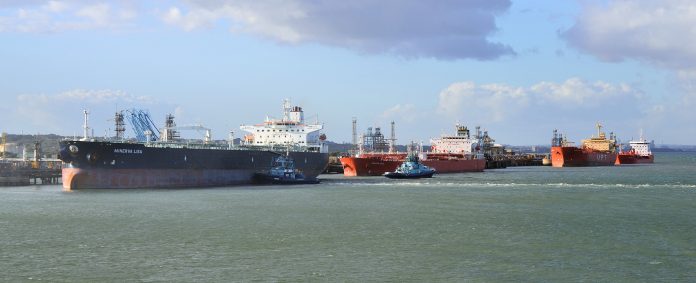The global shipping industry and 10 environmental organisations teamed up to demand a ban on the carriage of non-compliant marine fuels when the global 0.5% sulphur cap takes effect in 2020.
The list of environmental groups participating include BIMCO, Clean Shipping Coalition, Cruise Lines International Association, Friends of the Earth US, International Chamber of Shipping, International Parcel Tankers’ Association, INTERTANKO, Pacific Environment, World Shipping Council, and WWF Global Arctic Programme.
The International Maritime Organisation (IMO) has agreed that the maximum permitted sulphur content of marine fuel (outside Emission Control Areas) will reduce from 3.5% to 0.5% in 2020. Unless a ship is using an approved equivalent compliance method, there should be no reason for it to be carrying non-compliant fuels for combustion on board.
The 2020 sulphur cap will provide substantial environmental and human health benefits as a result of the reduced sulphur content of marine fuels used from 1 January 2020. It will also increase operating costs for ships and present major challenges to governments that must ensure consistent enforcement across the globe.
In a joint statement ahead of next month’s IMO meeting, the environmental and shipping organisations vowed to assert that such a ban will help ensure robust, simplified and consistent enforcement of the global sulphur cap.
A number of international associations representing the global shipping industry, as well as the Cook Islands and Norway, have already submitted proposals to IMO to ban the carriage of non-complaint fuels. These proposals call for an amendment to Annex VI of the MARPOL Convention, stipulating that ships should not carry fuel for propulsion with a sulphur content above 0.5% (unless they are using an approved alternative compliance method).

